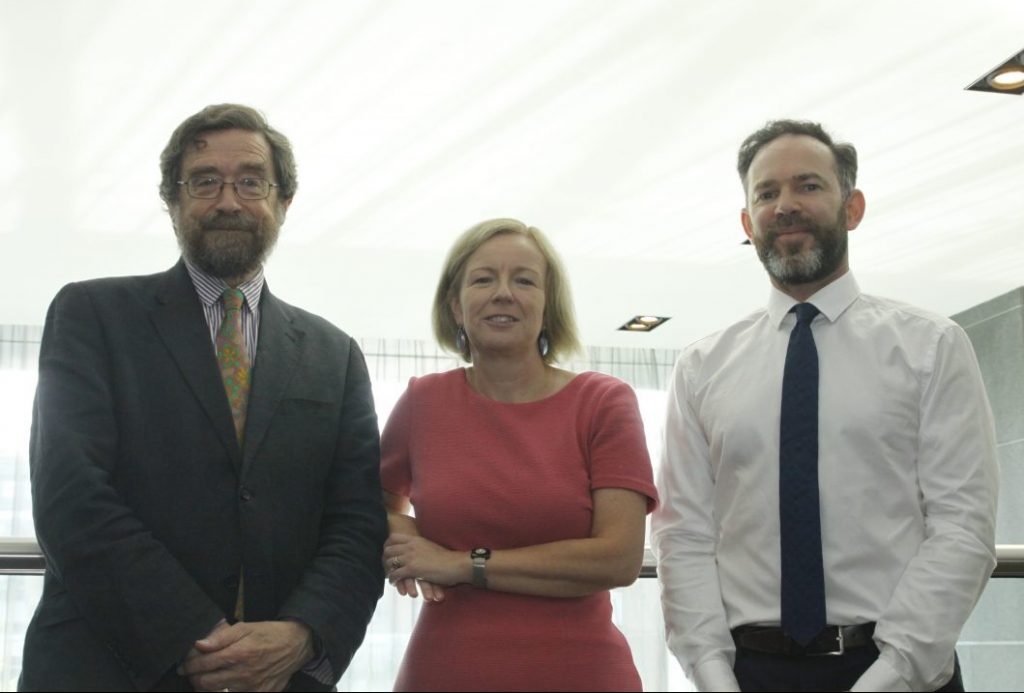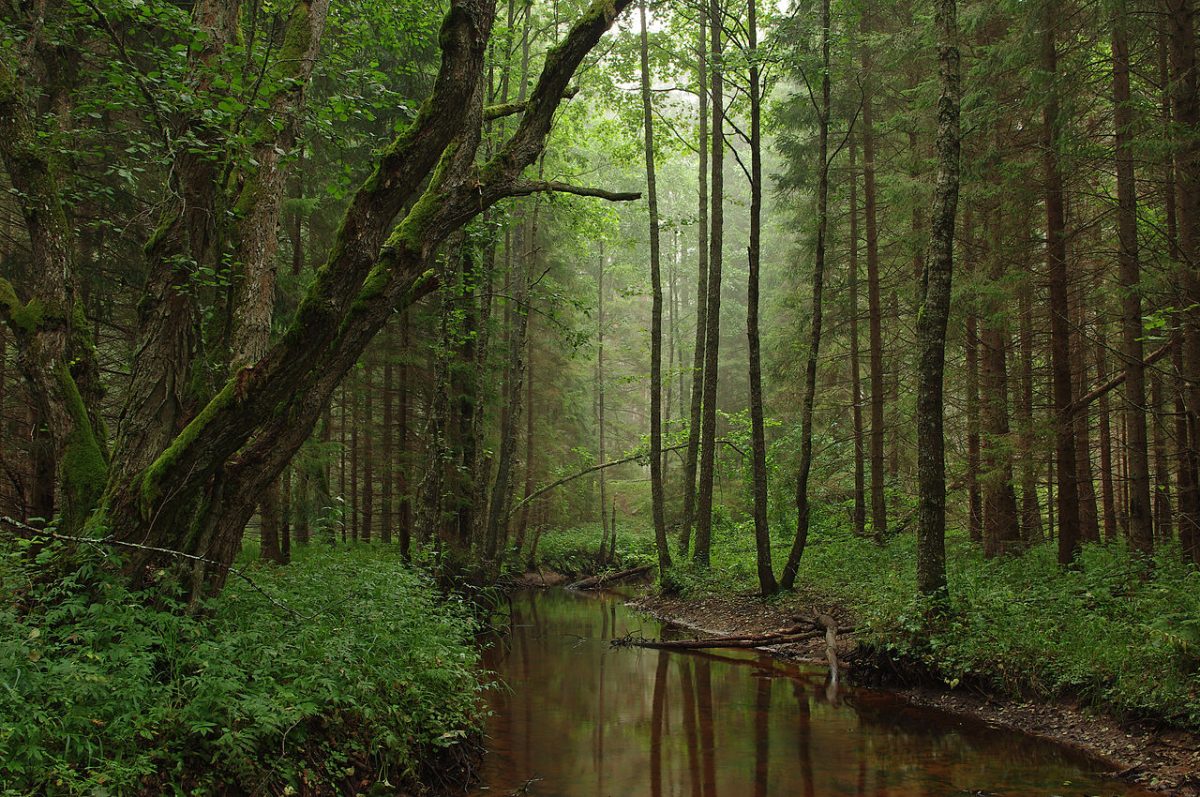Ireland totally off track to meet climate targets and decarbonise by 2050

July 25th, 2018
Ireland is well off track to meet both its 2020 or 2030 climate targets or to decarbonise the economy as planned by 2050, the State’s own expert advisory body said today.
Launching the Climate Change Advisory Council’s 2018 annual review in Co Dublin this morning, the Council’s chair, Professor John FitzGerald, warned that Ireland is now in an “even worse position” than outlined in last year’s review.
The CCAC is an independent body set up under the 2015 Climate Act to advise the government on climate change policy and assess Ireland’s transition to a low carbon economy by 2050.
In its review last year, the Council called on the State to accelerate the pace and scale of emissions reductions to have any chance of achieving its long-term objective of reducing emissions by at least 80 per cent by 2050.
Ireland needs to reduce carbon dioxide emissions by up to one million tonnes per year in order to meet targets set out in our National Policy Position. However, according to Prof Fitzgerald, we are currently increasing our emissions at a rate of 2 million tonnes per year.
The latest Environmental Protection Agency (EPA) data shows that Ireland’s emissions increased by 3.5 per cent in 2016, with significant growth observed in the transport, energy and agriculture sectors. Emissions projections up to 2035 illustrate that we are “completely off course” to address the challenge of climate change, Prof Fitzgerald said today.

Prof John Fitzgerald, the EPA’s Laura Burke and the IIEA’s Joseph Curtin (from left) Photo: Niall Sargent
Carbon Tax
“We need immediate and urgent action to put us back onto a pathway to achieve a transition to a low-carbon, climate-resilient and sustainable economy and society,” he said, adding that the current level of carbon tax is “insufficient” to achieve our targets up to 2050.
The Council’s review focused on carbon tax and recommends that Budget 2019 includes an initial increase in the tax to €30 per tonne as an “essential component” in achieving a low-carbon transition by mid-century. “Unless you get the price of carbon right, you are going nowhere,” Prof Fitzgerald said, adding that the State should look to raise carbon tax to €80 per tonne by 2030.
The review also calls for the Irish Government to work with other EU states to bring in a regional carbon price floor in the electricity sector to guarantee that the price of carbon rises progressively over the coming decade. Any increase in carbon taxation, however, should not impact on poorer households, the review states.
Joseph Curtin, a climate economist who sits on the CCAC, added that a carbon tax is “a lever that we can pull immediately” to support longer-term targets outlined by the state such as the retrofitting of 45,000 homes by 2021 and getting 500,000 electric cars on Irish roads by 2030.

Train with milled peat for Edenderry Powerstation Photo: Peter Mooney
Subsidy for peat
The review also points to the Council’s support of the Government’s commitment to end the burning of coal at Moneypoint by 2025. However, it is “concerned” that support for biomass co-firing with peat through the Public Service Obligation (PSO) Levy on electricity consumers will prolong support for the burning of peat for power generation.
Support over the PSO to Bord Na Mona’s Edenderry peat plant was phased out at the end of 2015; however, it began receiving support through the PSO-funded Renewable Energy Feed-in Tariff (REFIT) in December 2015 for co-firing with biomass. The plant is guaranteed a tariff price under REFIT until December 2030.
Biomass co-firing is “very harmful”, Prof Fitzgerald warned, as peat is the “most damaging” way to generate electricity. He said that if even a fraction of this subsidy went toward retraining peat workers for employment in the renewable sector, we would be well on the road to a genuine just transition to a low carbon economy.
The review welcomed the introduction of the National Planning Framework and the National Development Plan as potentially significant contributions to addressing climate change in Ireland and called for “robust delivery” of the plans. At present, a concrete policy framework is not in place and things are looking rather “dismal”, Prof Fitzgerald said.
Speaking today, Green Party Councillor and Spokesperson on Climate Change, David Healy, said that the Council’s findings were as direct as they can be on the “lack of Government policy and engagement for climate action”.
“As countries across the Northern hemisphere face extremes of weather exacerbated by climate change, the Advisory Council is pointing out that we have no pathway for decarbonisation of the economy,” he added.
“As we pointed out when it was published, the National Mitigation Plan should contain such a pathway but doesn’t,”
[x_author title=”About the Author”]







